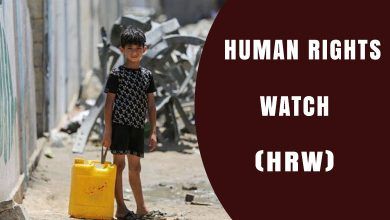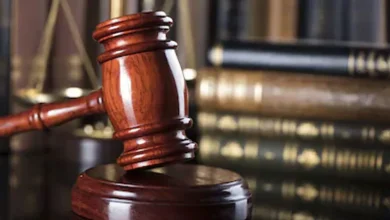South Korea’s Lee Pledges Healing, Peace, and Economic Stability

South Korea’s newly inaugurated President Lee Jae-myung has vowed to “heal wounds” after months of political upheaval and economic uncertainty, promising renewed dialogue with North Korea in his first address since a decisive election victory.
Taking office amid a turbulent backdrop—including the recent ousting of President Yoon Suk-yeol, whose tenure saw martial law briefly imposed over fears of anti-state forces and North Korean infiltration—Lee pledged to restore stability and steer the country toward peace and prosperity.
“A pragmatic pro-market government will lead South Korea,” Lee declared during his inauguration speech at parliament on Wednesday, emphasizing his commitment to balancing economic growth with social welfare.
On North Korea, Lee struck a measured tone: “We will deter nuclear and military provocations while opening communication channels to pursue dialogue and cooperation for peace on the Korean Peninsula.” He added, “No matter the cost, peace is preferable to war.”
Lee also highlighted rising global protectionism and supply chain disruptions as threats to South Korea’s export-driven economy. He committed to addressing pressing cost-of-living challenges faced by middle- and low-income families.
The new president inherits a fraught trade relationship with the United States. The Trump administration’s “Liberation Day” tariffs initially imposed to address trade imbalances remain paused but continue to weigh heavily on South Korean exporters, particularly following the recent imposition of steep tariffs on steel and aluminum.
Lee’s electoral success was decisive, capturing 49.4 percent of the vote—far surpassing conservative rival Kim Moon-soo—and marked the highest voter turnout in South Korea since 1997.
As Lee steps into office, South Korea faces a critical juncture: managing external economic pressures, healing internal divisions, and cautiously reopening dialogue with its northern neighbor in pursuit of lasting peace.





